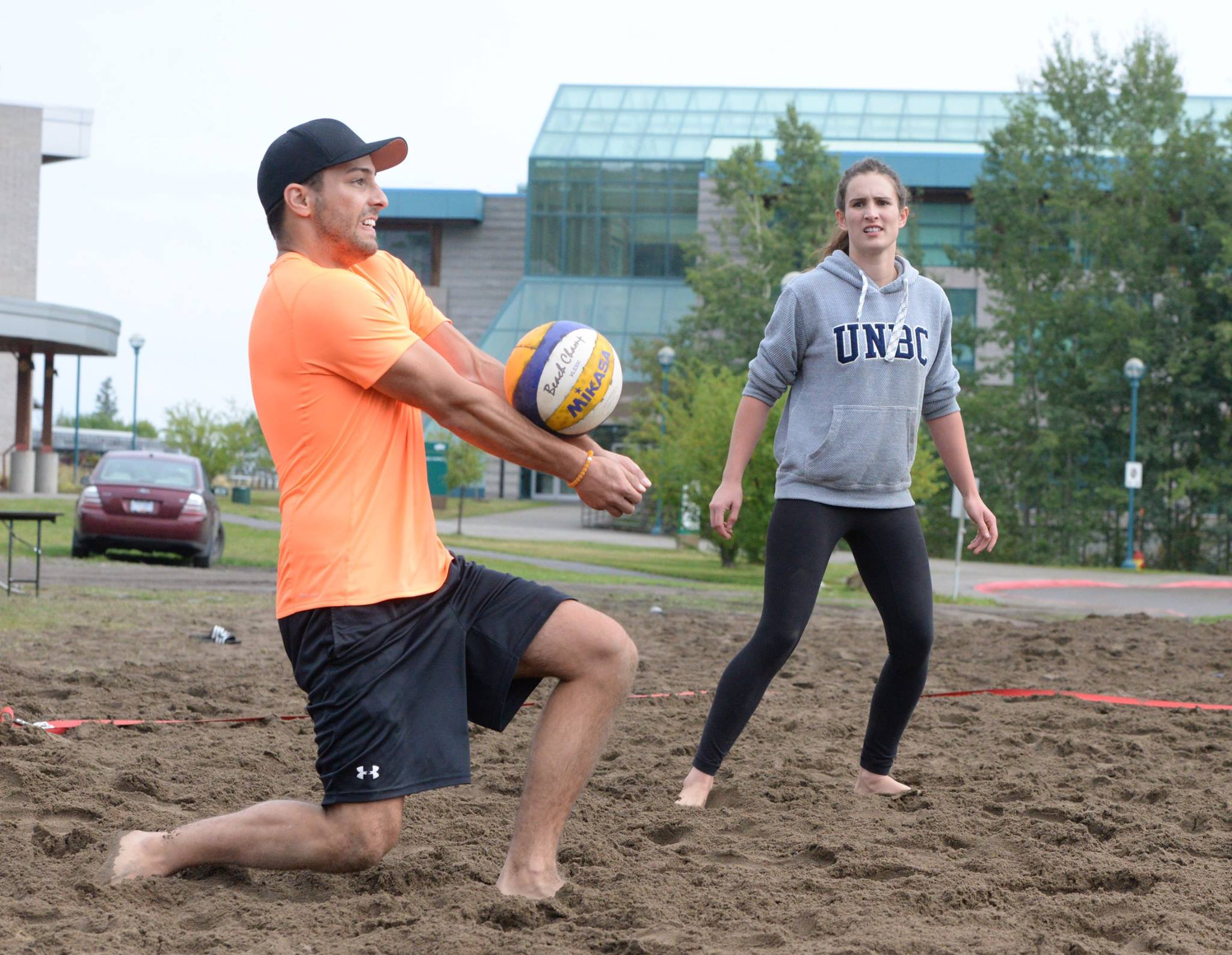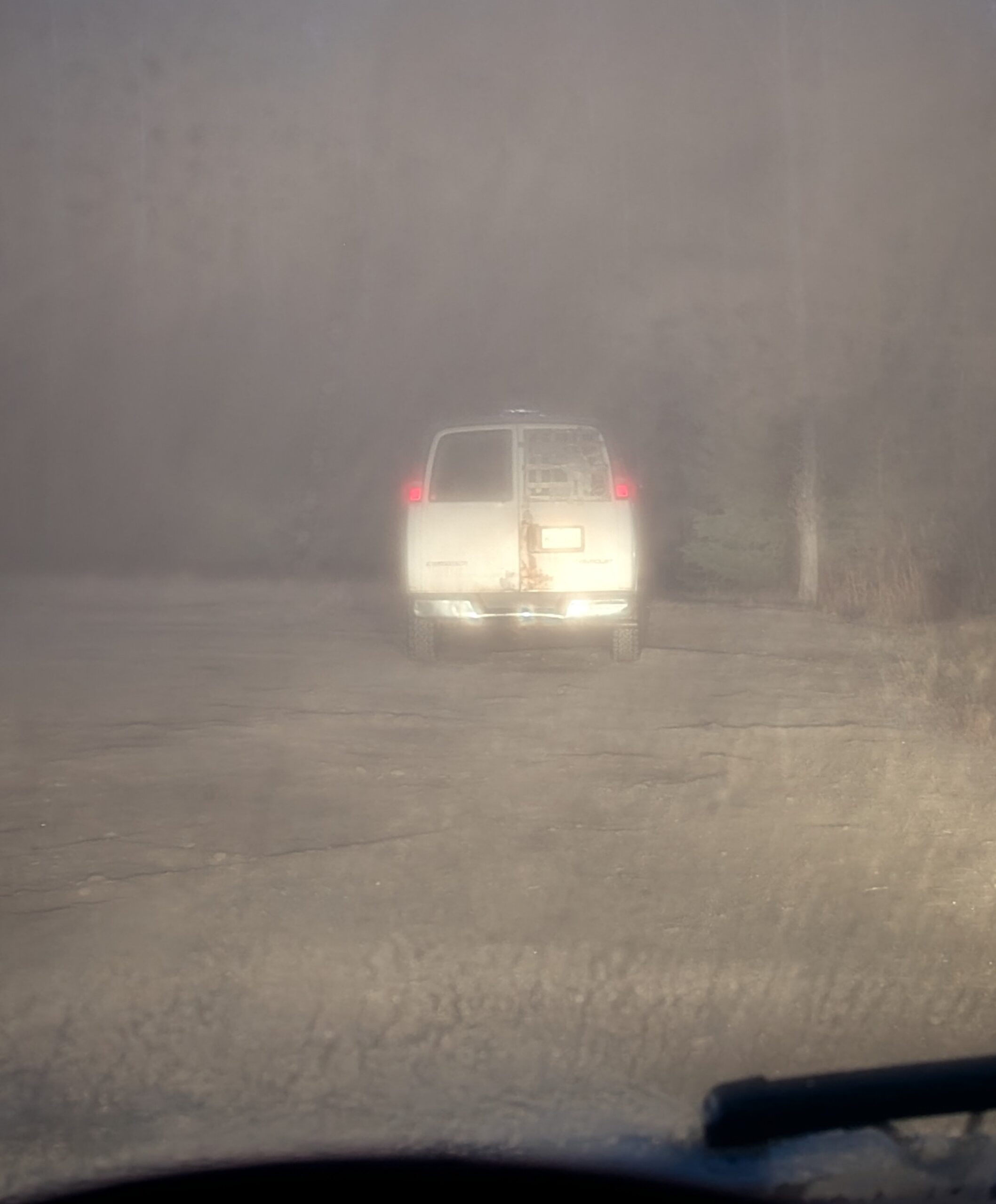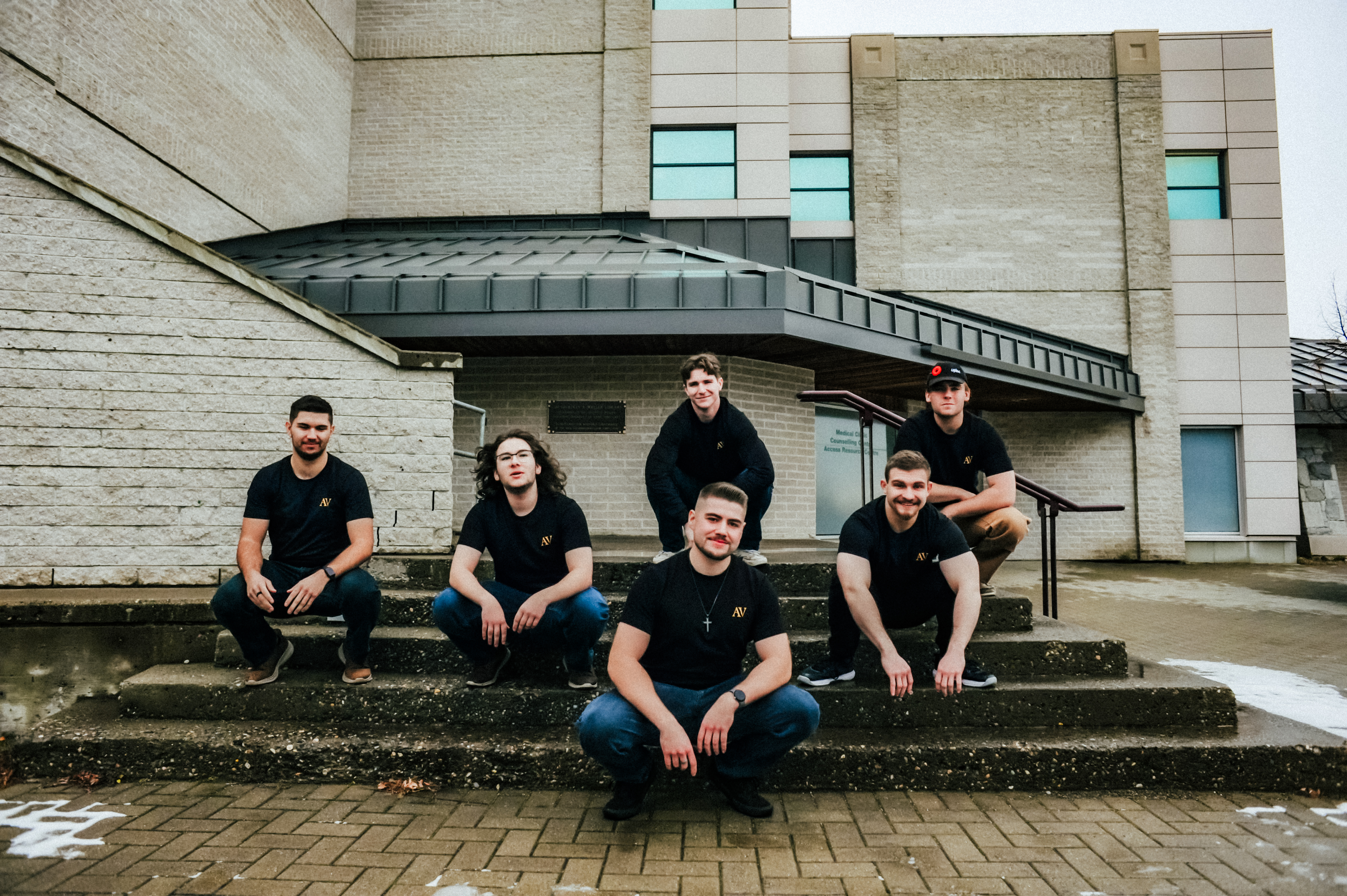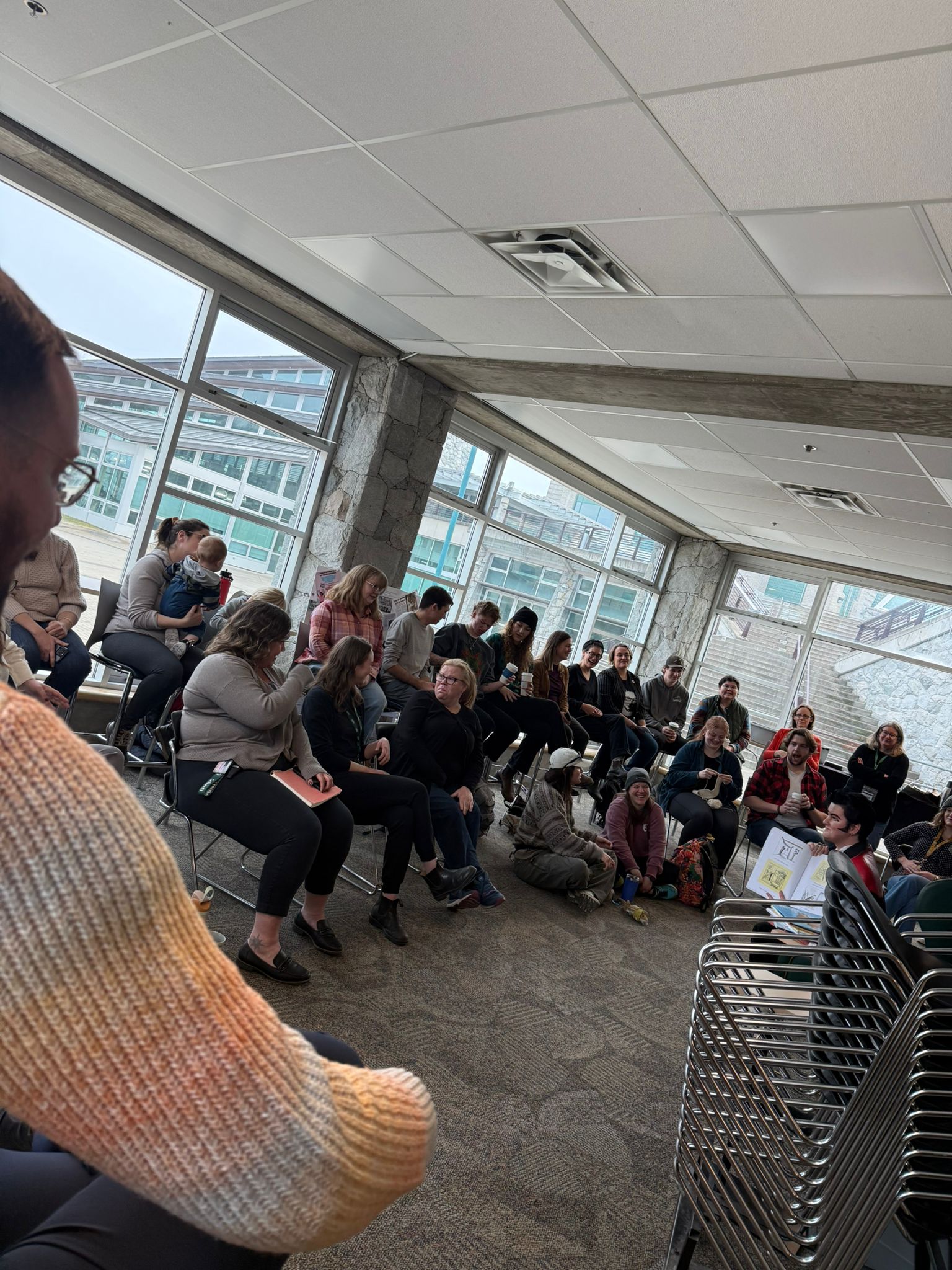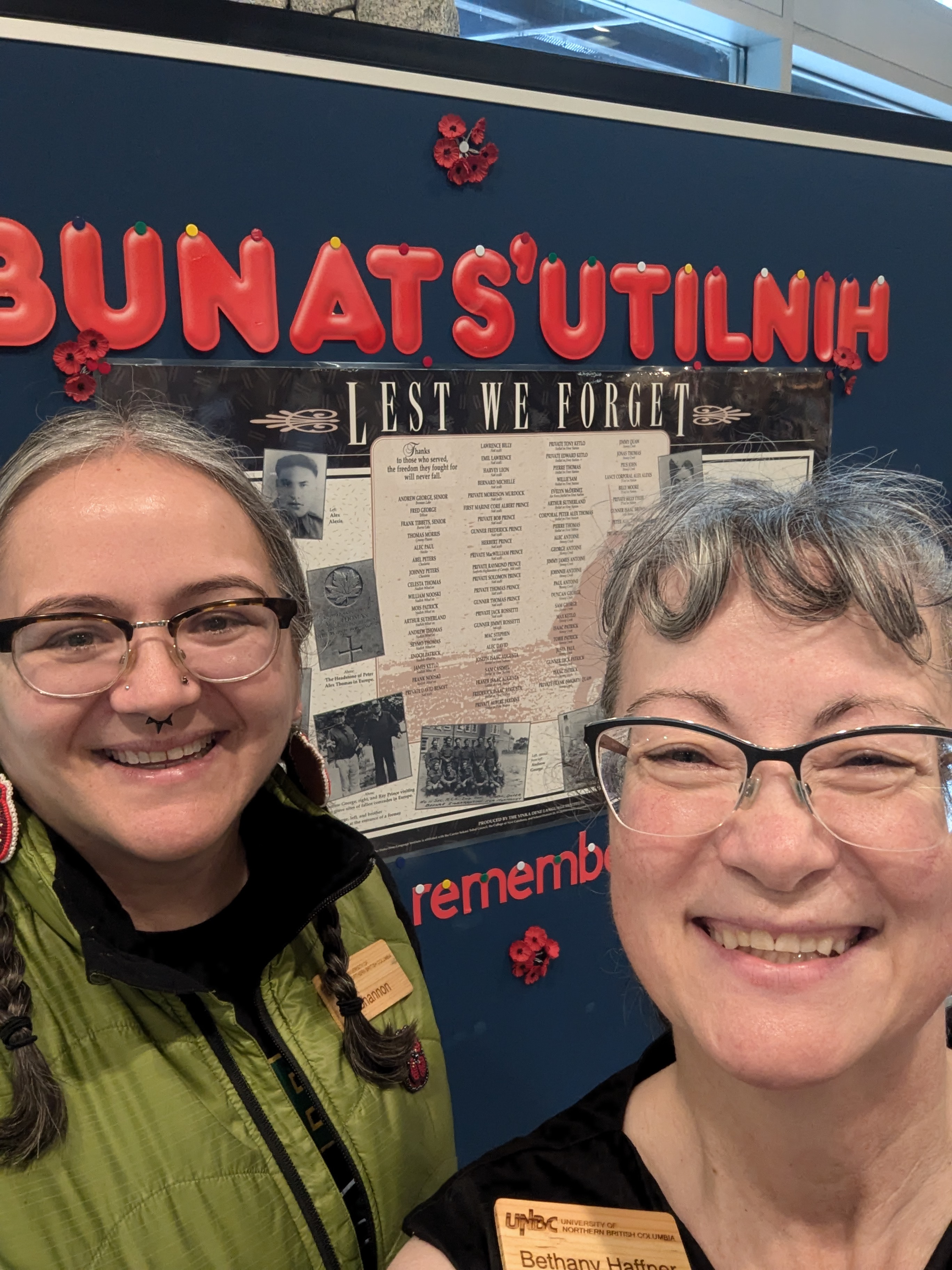As a 22-year-old university student and basketball player at UNBC, cars have always symbolized freedom to me. Growing up in Calgary and now living in Prince George, I’ve experienced firsthand the challenges of relying on a car for almost everything—but I never really questioned it. That changed this past summer when I spent time with a friend from Toronto who doesn’t own a car. He gets around using public transit, e-bikes, or e-scooters, mainly because of the GTA’s notorious traffic. We used to joke about how in Calgary, everything is “just a 20-minute drive away.” But our laughs turned into serious discussions about how dependent we’ve become on cars. It made me wonder: Do cars really provide freedom, or are they actually holding us back?
What started as a lighthearted joke led to a real eye-opener. While cars are often seen as symbols of independence, they come with significant constraints and even dangers. This paradox isn’t just in big cities like Calgary; it’s right here in Prince George, too. Maybe it’s time we rethink how our cities are planned. Shouldn’t we be prioritizing public transit, bike lanes, and sustainable transportation options that are more accessible to everyone?
Cars have always been marketed as icons of freedom, privacy, and control. I remember the thrill of getting my driver’s license—I felt like I could go anywhere without relying on my parents or brother for rides. In our culture, owning a car is a status symbol, a personal milestone that says you’ve “made it” into adulthood. But is this perception misleading?
In reality, cars can be both limiting and dangerous. The environmental damage from car emissions is hard to ignore anymore; air pollution and climate change are issues that affect us all. Plus, cities designed around cars tend to sprawl out, making it tough to get to essential services without a vehicle. In places like Calgary and Prince George, trying to navigate without a car is not just difficult—it’s inefficient and eats up a lot of time. This kind of urban planning lowers our quality of life and makes us even more dependent on cars.
Then there’s the financial side. Owning a car isn’t cheap. Between buying the vehicle, keeping up with maintenance, paying for insurance, and constantly filling up the gas tank, the costs add up fast. For students like me, these expenses can be overwhelming. And let’s not forget the dangers of driving. Traffic accidents are a grim reality. On the roads in Calgary and Prince George, large trucks are everywhere, making driving feel like a competition for safety. It feels risky to drive a small car when massive, six-wheeled trucks could barrel over you like a speed bump. The rise of oversized vehicles not only increases gas emissions but also makes accidents more deadly. The dangers are real, and the statistics are alarming. In 2023 alone, there were over 2,000 motor vehicle fatalities in Canada, with around 20% involving trucks or large vehicles.
Given all this, maybe it’s time to seriously consider the benefits of public transit and other forms of transportation. First off, public transit systems need to be more efficient and accessible. A reliable transit system would make life so much easier for students like us. In Prince George, buses don’t run as frequently as they should—sometimes you could be waiting up to an hour for the next one, which just isn’t practical.
Walking, cycling, and using e-bikes or e-scooters are also great alternatives. Not only do they reduce pollution, but they also get us moving physically, which is a bonus for our health. I genuinely believe that opting for these modes of transportation could improve our mental health, too. In a world where technology often keeps us isolated, getting out and moving can make a big difference. While driving alone might feel peaceful, taking public transit can foster a sense of community. On a bus, you’re sharing a space with people from all walks of life—different ethnicities, socioeconomic backgrounds, and ages—all coming together in a shared experience.
So, what’s the next step? I think it’s time we push for more investment in public transit systems to make them more reliable and widespread. This would benefit everyone, especially students and low-income residents in cities like Prince George. Expanding bike lanes and widening sidewalks would encourage more people to cycle or walk, making our cities more pedestrian-friendly and reducing our reliance on cars. Policies could also help make e-bikes and e-scooters more accessible and affordable. These alternatives offer a convenient and eco-friendly way to get around.
We’ve been chained to the road for too long. While cars seem to offer freedom, they actually bring significant constraints and dangers. It’s time to support policies and initiatives that prioritize public transit and alternative transportation options. By doing so, we can help create more sustainable and equitable cities for everyone.
